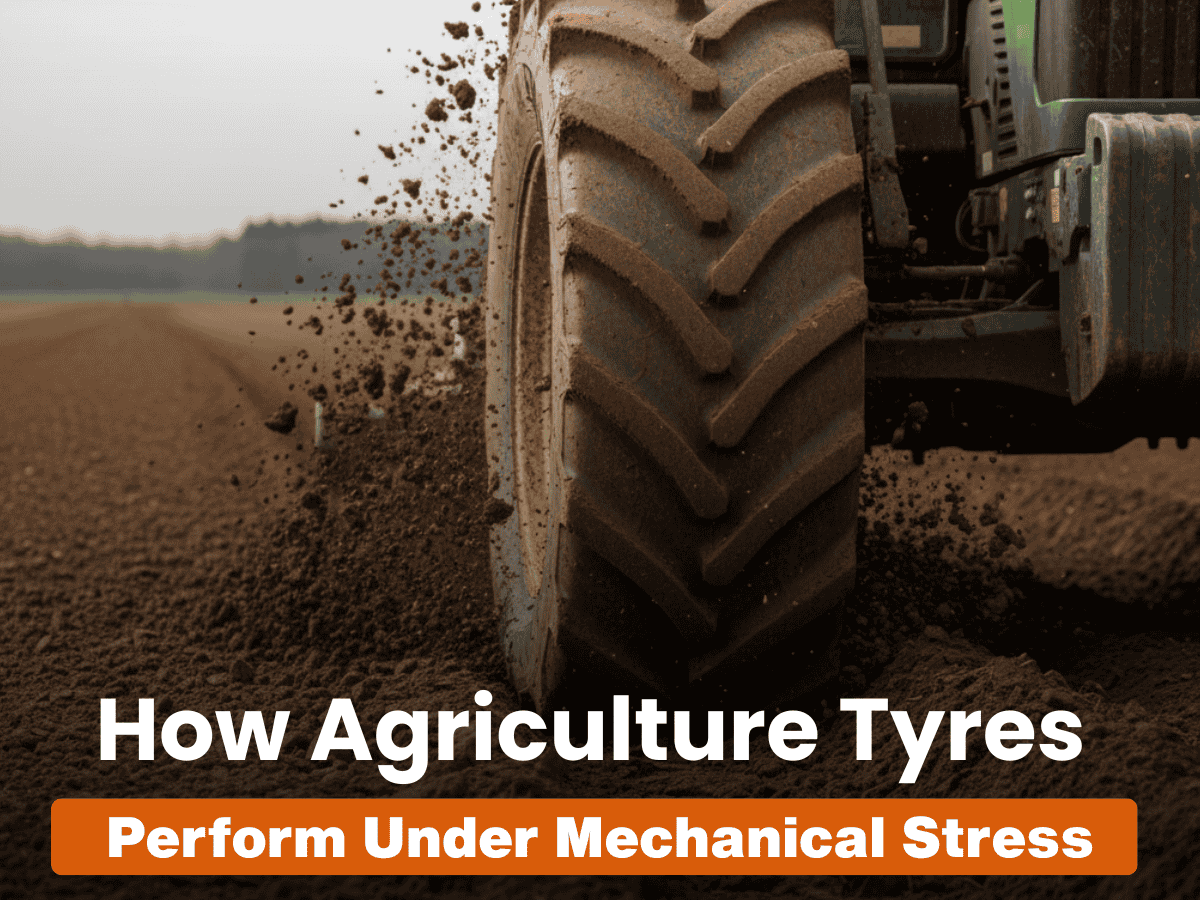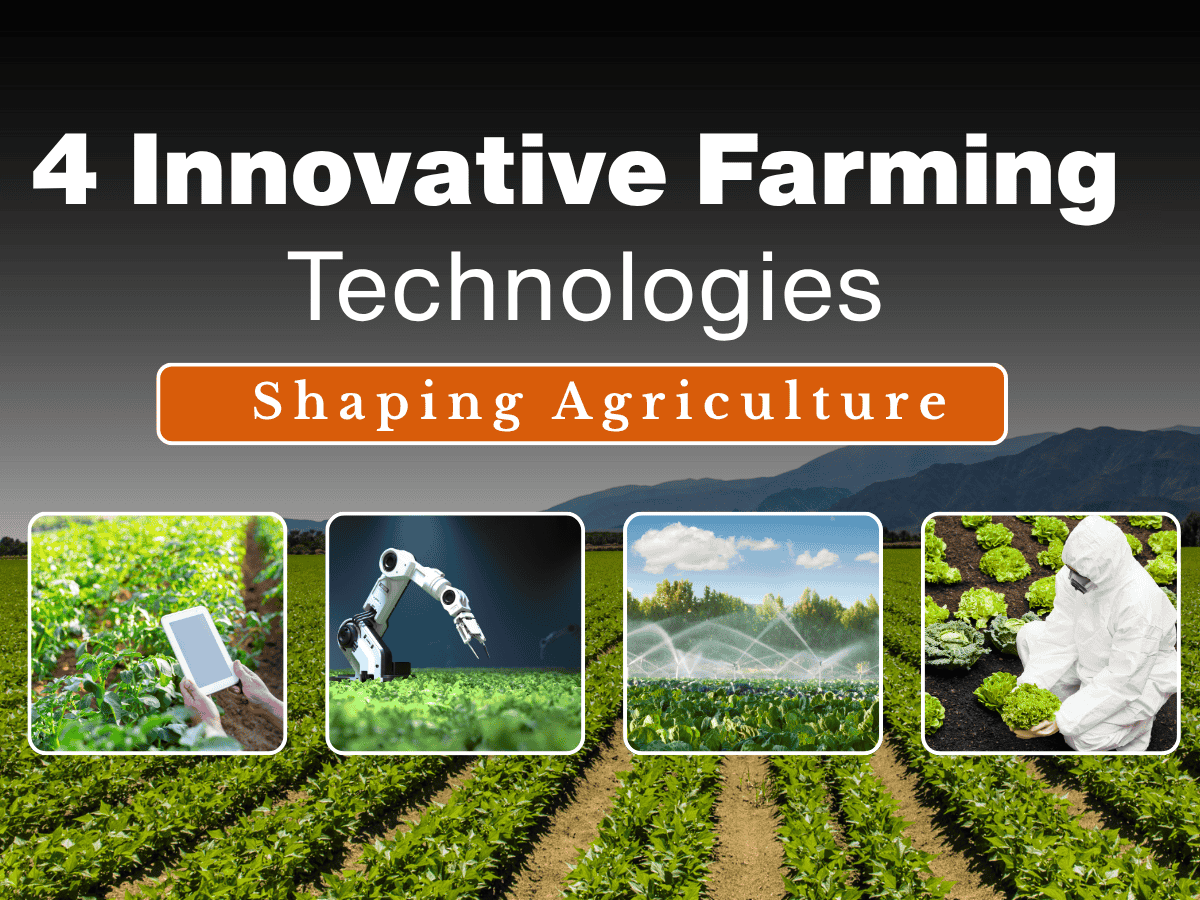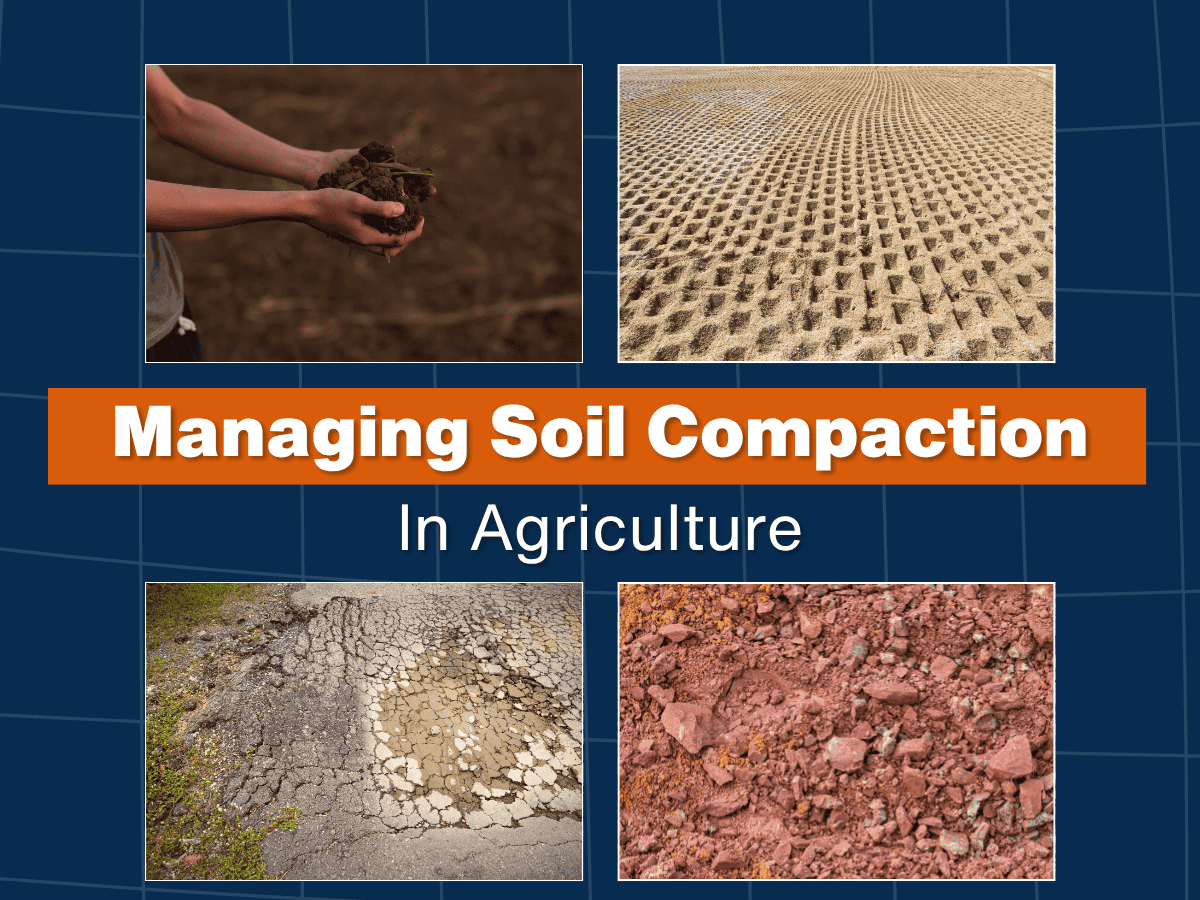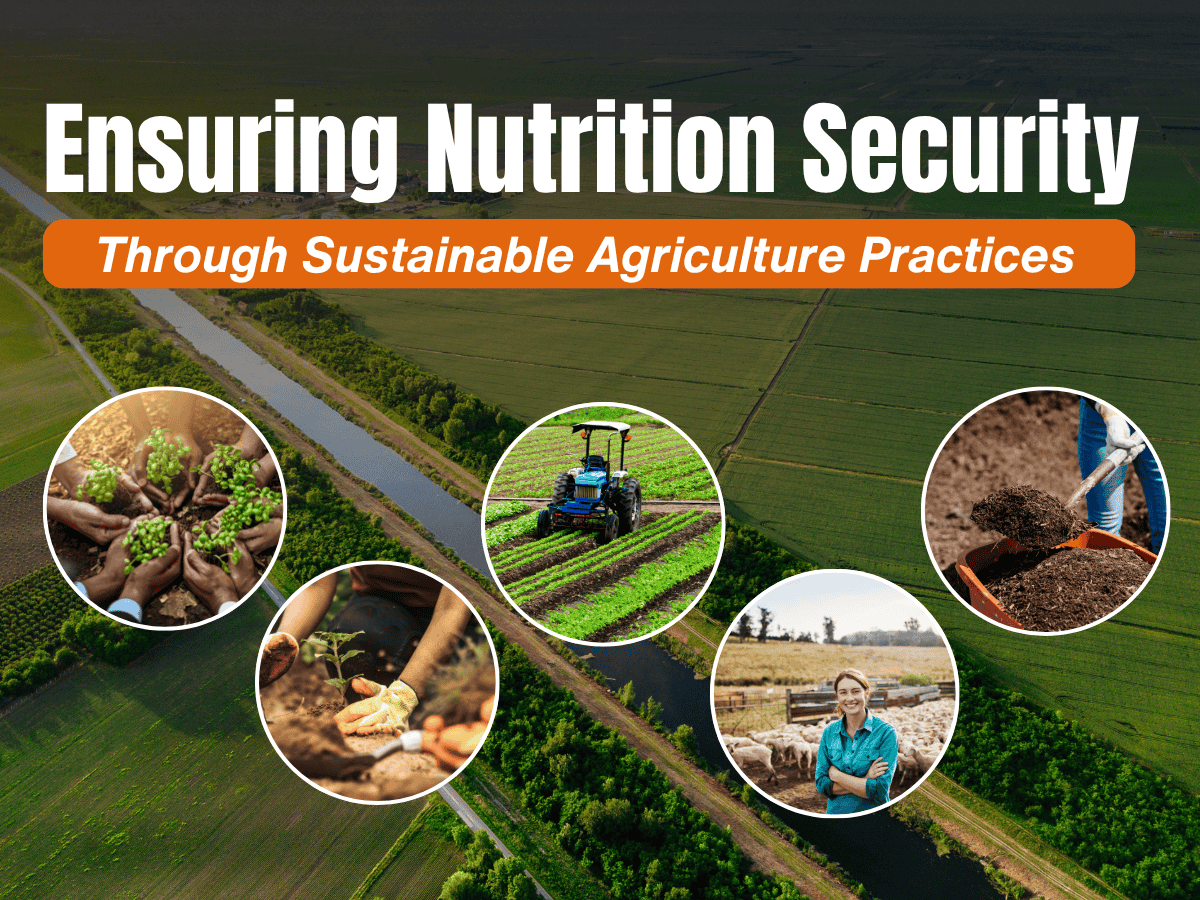ceat-speciality:blogs-tags/all,ceat-speciality:blogs-tags/agriculture
Preventing Soil Compaction: Best Practices for Healthier Land
Tue, 17 Jun 2025 | PRODUCTS
Soil is the foundation of agricultural productivity, playing a crucial role in crop yield, water infiltration, and nutrient availability. However, soil compaction—caused by excessive pressure from machinery, livestock, or foot traffic—reduces porosity, restricts root growth, and impairs water movement. Let’s explore effective strategies to prevent soil compaction and promote healthier land for sustainable farming.
Understanding Soil Compaction
Soil compaction occurs when soil particles are pressed together, reducing the spaces between them. This limits air and water movement, making it harder for plant roots to penetrate and absorb nutrients. Over time, compacted soil leads to poor drainage, lower yields, and increased susceptibility to erosion.
Key factors contributing to soil compaction include:
- Heavy machinery usage – Repeated traffic from tractors and other equipment applies significant pressure.
- Excessive livestock grazing – Hoof pressure disturbs the soil structure.
- Wet conditions during field activities – Working on wet soil increases compression and damage.
- Lack of organic matter – Low organic content makes soil more prone to compaction.
Best Practices to Prevent Soil Compaction
1. Use Low-Pressure Tires on Agricultural Equipment
One of the most effective ways to prevent soil compaction is by using low-pressure tyres or specialised agricultural radial tyres. These distribute the weight of machinery more evenly, minimising the impact on soil. CEAT Specialty offers high-quality farm tyres designed for reduced ground pressure, ensuring better soil health.
2. Maintain Proper Tyre Inflation
Tyre inflation plays a significant role in soil protection. Overinflated tires concentrate pressure on small areas, increasing the likelihood of compaction, whereas correctly inflated tyres spread the load more evenly. Regularly checking tyre pressure and adjusting it based on field conditions can help prevent damage to the soil.
3. Avoid Working on Wet Soil
Wet soil is more vulnerable to compaction because moisture reduces its resistance to pressure. Farmers should wait until the soil is adequately dry before using heavy machinery to prevent deep compression that affects root growth.
4. Implement Controlled Traffic Farming (CTF)
CTF involves limiting machinery traffic to designated paths rather than driving randomly across the field. By reducing the number of passes over a given area, soil integrity is maintained, and compaction is localized, preventing widespread damage.
5. Rotate Crops and Use Cover Crops
Crop rotation and cover cropping are excellent strategies to improve soil structure. Deep-rooted cover crops such as radishes or legumes break up compacted layers naturally, enhancing aeration and organic matter content. These methods help restore soil porosity while maintaining fertility.
6. Incorporate Organic Matter
Organic materials like compost, manure, and crop residues improve soil resilience. Organic matter enhances soil aggregation, making it less susceptible to compaction. Regular application of organic amendments strengthens the soil, ensuring better water retention and aeration.
7. Minimise Livestock Overgrazing
Excessive grazing leads to soil deterioration, especially in wet conditions. Farmers should implement rotational grazing systems, where livestock are moved between paddocks to allow recovery time. Providing hard-surfaced paths or avoiding wet areas can further reduce compaction caused by hoof traffic.
8. Use Subsoiling When Necessary
Subsoiling—breaking up compacted layers with deep tillage equipment—can be an effective way to restore soil permeability. However, it should be done selectively, as excessive deep tilling can lead to soil erosion and structure breakdown.
The Importance of Soil Conservation for Sustainable Farming
Healthy soil contributes to higher yields, improved water absorption, and enhanced sustainability. By adopting best practices to prevent soil compaction, farmers can maintain productive land while minimizing environmental impact. CEAT Specialty UK is committed to supporting sustainable agriculture with advanced tyre technologies that reduce soil pressure and promote responsible farming.
Final Thoughts
Preventing soil compaction requires a proactive approach that involves using low-pressure agricultural tyres, optimising field activities, and maintaining healthy soil practices. Farmers who prioritise soil conservation will reap long-term benefits, ensuring better crop production, lower operational costs, and improved environmental health.

























